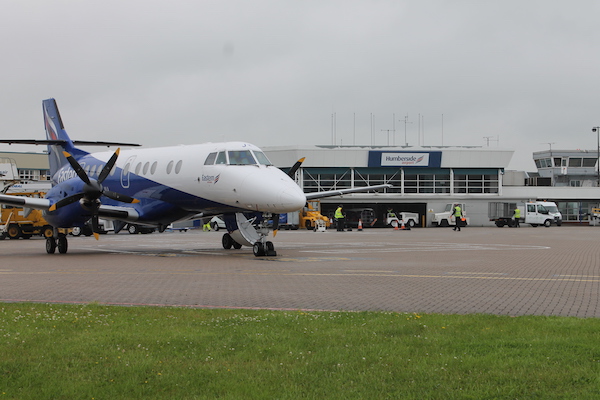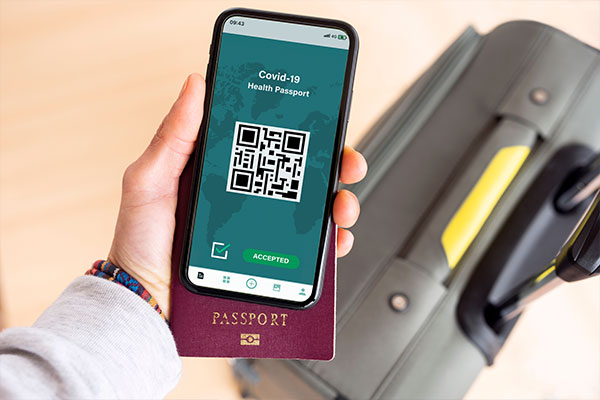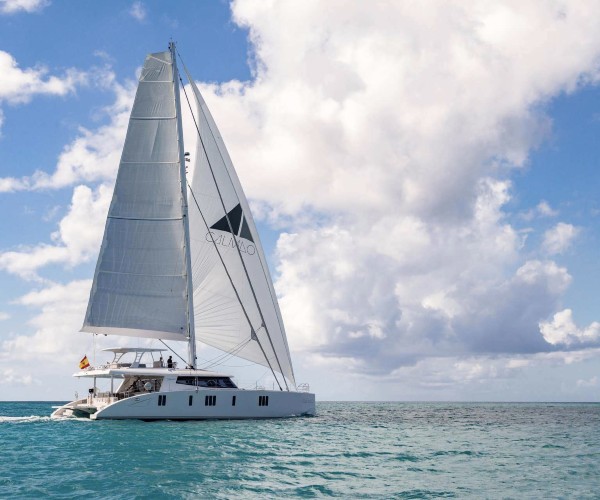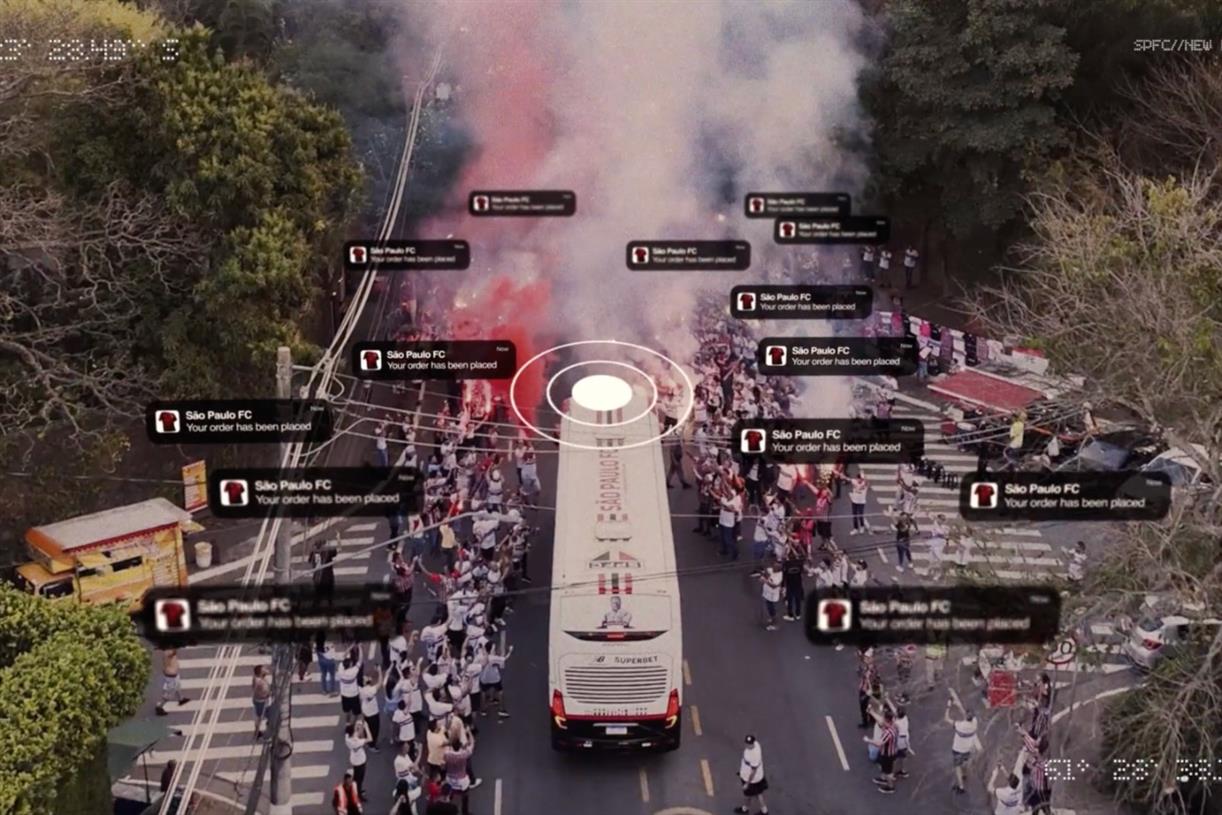Barrhead Travel agents urged to engage with AI advancements
Confidence expressed in future of trade despite tech progress
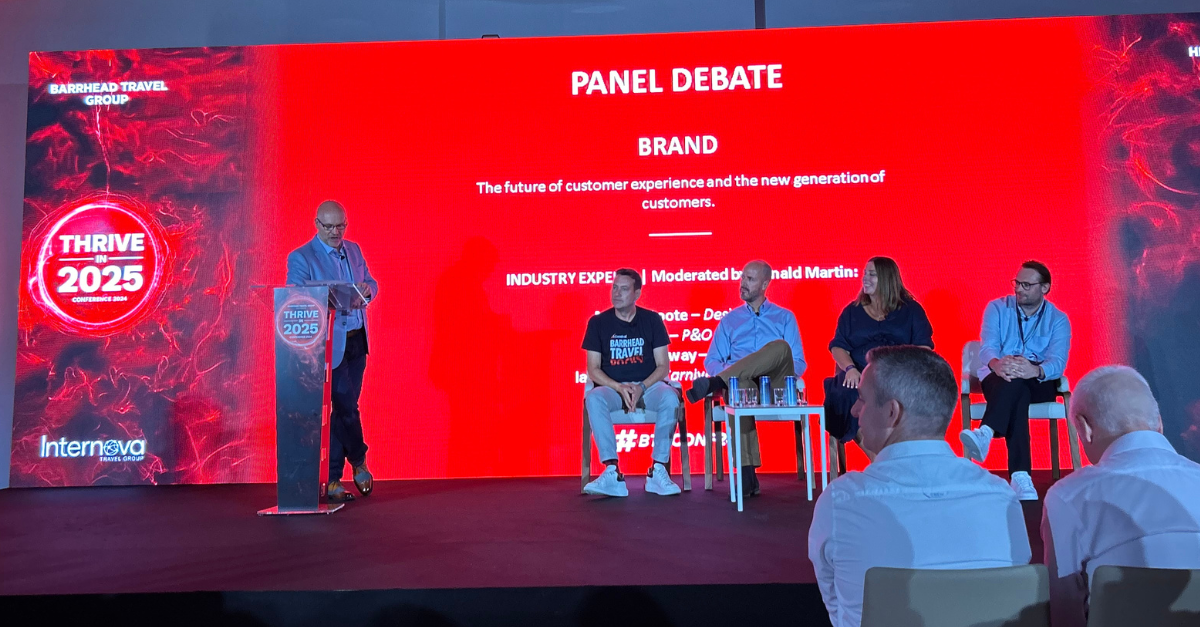
Barrhead Travel agents have been encouraged to learn more about developments in artificial technology (AI) amid warnings that modern societies are “sleepwalking” into the future.
During a panel discussion at the agency’s annual conference, Ocean Holidays founder Harry Hastings suggested agents should embrace AI but also sounded a note of caution.
“If you’re not engaged with it, you don’t know what data you’re sharing,” he said. “It’s on all of us to make sure we’re a little bit educated on what’s happening.”
More: Barrhead Travel celebrates 43% rise in river cruise bookings
Hastings predicted face-to-face interactions with travel agents would continue to be valued even as technology progresses and customers become more comfortable with developments.
He said: “The travel customers of the future are going to be very tech savvy… But what’s really reassuring is they want to speak to people – they want to book with agents and still have that emotional connection, especially for the more significant trips.
“It’s great to see how well retail is doing in travel and I think that’s a good sign that despite all this scaremongering about technology, the future is going to be very bright for personal connections. I think that’s great for our industry.”
Iain Baillie, vice-president of international sales at Carnival Cruise Line, said the line was using developments in technology to make experiences more straightforward for passengers.
“There are going to be challenges along the way with AI, but when done right it can make communication more seamless and more intuitive,” he said, adding that facial recognition was already being used to help with embarkation and disembarkation in cases when passengers had given their consent.
He also outlined the role that AI could play in helping companies extract more information from their customer databases.
Rob Scott, vice-president of sales, marketing and brand for P&O Cruises, argued that the benefits of AI outweighed the risks for P&O Cruises.
He urged agents to “lean into” generative AI and make use of ChatGPT and Google Gemini, likening recent technological developments to the rise of smartphones.
“We’re at the cusp of AI becoming second nature and helping you deliver your job,” he added.
He also emphasised the continued importance of agents for P&O Cruises, even as technological advances progress.
“The majority of our sales are still done through agents because people value that face-to-face conversation,” he said.
Miriam Boote, managing director of Designate, a creative agency, described its new partner Barrhead Travel as “such a people-powered business” and forecast the longevity of that model.
She said: “I think Elon Musk said that by 2040 we’re going to have a billion humanoid robots walking the earth. But can you imagine a robot purely selling the travel experience? You don’t get that depth of emotion.”
She predicted successful travel agencies in the future would be “people-first” but they would also be enhanced by new technology.
Yet she and Hastings both said society appeared to be “sleepwalking” towards certain developments, with Boote citing wearable technology as a fast-moving area.
She added: “There is a lot going on and it feels at times like an unstoppable train, but there are also some very exciting elements of that too so there’s a balance.”
She and Scott both said “guardrails” would be important as technology further progresses, while Hastings expressed doubt that the UK government would be capable of effectively regulating AI.
Photo (from left): Panel debate moderator Donald Martin, Iain Baillie, Rob Scott, Miriam Boote and Harry Hastings.

 ValVades
ValVades 







